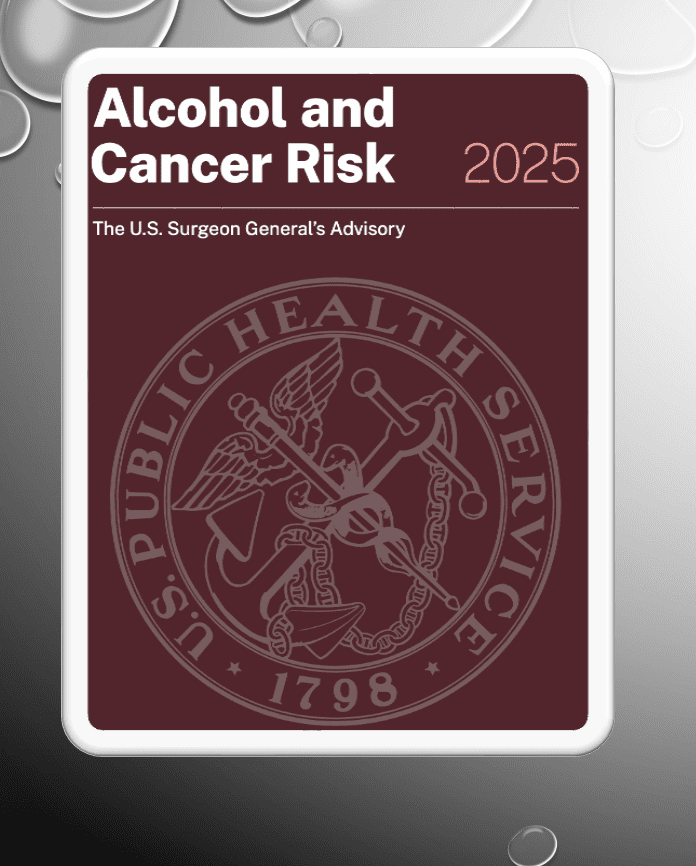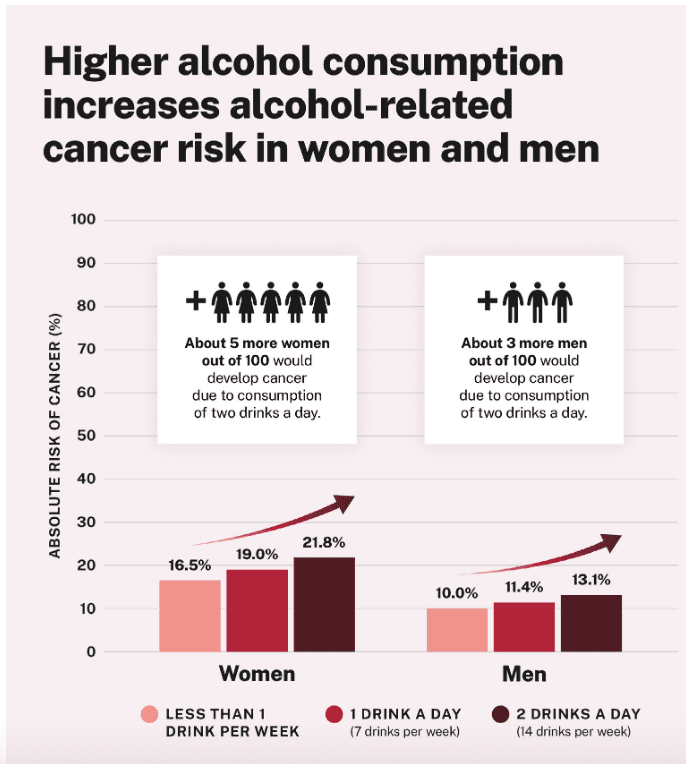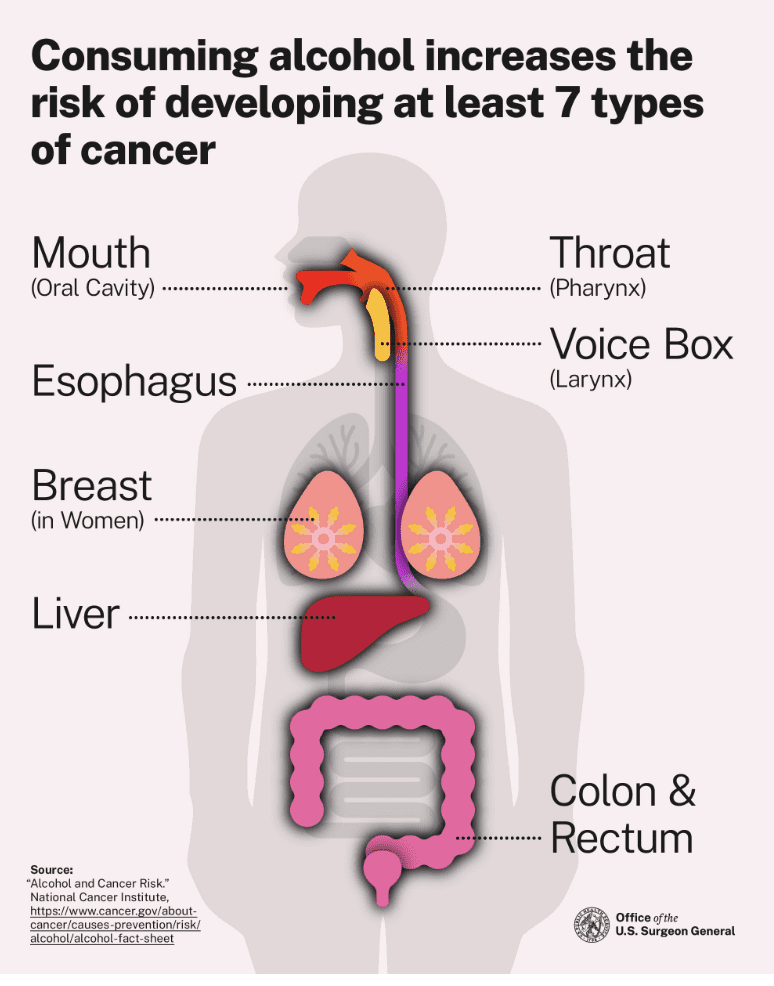Search Posts
Recent Posts
- Rhode Island Weather for June 1, 2025 – Jack Donnelly June 1, 2025
- To Do in RI: 26th Annual Rose Show of the Rhode Island Rose Society June 1, 2025
- Victory is ours: Victory gardens are blossoming again – Chuck Norris June 1, 2025
- Ask Chef Walter: The problem with “The Best” – Chef Walter Potenza June 1, 2025
- Gimme’ Shelter: Kava is waiting at the Providence Animal Control Center June 1, 2025
Categories
Subscribe!
Thanks for subscribing! Please check your email for further instructions.

DryJanuary. Or – dry, period. US Surgeon General releases report on alcohol and cancer risk
In a hasty announcement 4 days into January, traditionally celebrated as “Dry January”, the U.S. Surgeon General report on the Alcohol and Cancer Risk came out on a busy national news day.
The report, which you can read in its entirety, below, presents facts such as:

As far as what types of cancer are susceptible to the impact of alcohol, the General produced this visual:

The 22-page report, short for medical advisories, ends with summaries, the first of which – adding a warning label to alcohol, is getting the most coverage. The current warning label on alcohol speaks to not drinking while pregnant, while driving, and notes that it may “cause health problems.
The full list of recommendations:
There are actions we can take today to begin reducing alcohol-related cancers
in the U.S. Key steps include:
Update the existing Surgeon General’s health warning label on alcohol-containing
beverages to include a warning about the risk of cancer associated with alcohol
consumption. Pursue changes to label characteristics to make
the warning label more visible, prominent, and effective in increasing awareness
about cancer risks associated with alcohol consumption.
Reassess recommended limits for alcohol consumption to account for the latest
evidence on alcohol consumption and cancer risk.
Strengthen and expand education efforts to increase general awareness that
alcohol consumption causes cancer.
Inform patients in clinical settings about the link between alcohol consumption
and increased cancer risk. Promote the use of alcohol screening and provide
brief intervention and referral to treatment as needed.
Highlight alcohol consumption as a leading modifiable cancer risk factor and
incorporate proven alcohol reduction strategies into population-level cancer
prevention initiatives and plans.
For individuals, be aware of the relationship between alcohol consumption and
increased cancer risk when considering whether or how much to drink. Cancer
risk increases as you drink more alcohol.
Dry January? Or – Dry, Period
The Dry January challenge is a campaign developed, trademarked, and delivered by UK charity Alcohol Change UK where people sign up to abstain from alcohol for the month of January. It began in 2013. Many countries recognize this campaign. Dry January USA launched in 2023 with Meharry Medical College as the official sub-license holder. Meharry Medical College is a private historically black medical school affiliated with the United Methodist Church and located in Nashville, Tennessee.
A Morning Consult poll conducted in 2021, with 2,200 US adults found that 13% of American respondents were participating in “Dry January”. This compared with 11% in previous years. 79% attributed the decision to being healthier while 72% were trying to drink less alcohol in general; 63% said they wanted to “reset” their drinking, and 49% said they were drinking too much during COVID. In 2022, 35% of adult drinkers decided to become abstinent at the start of the New Year. Some people believe that they will go back to their old drinking habits right after Dry January, but recent studies have shown that making this small lifestyle change can have a lasting impact for months down the road.
Here is the full report: (use slider at right to scroll up and down or the download icon)
